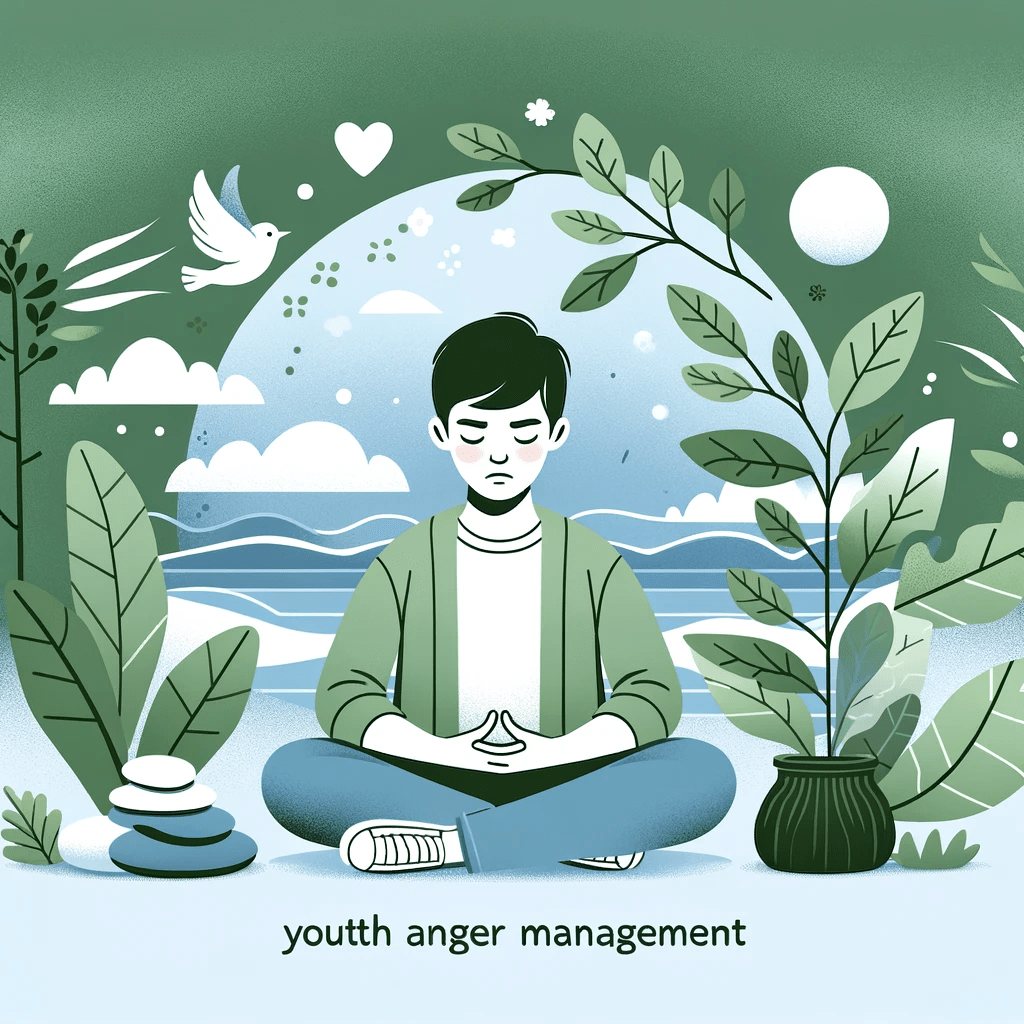Introduction
In today’s fast-paced world, anger management issues among youth have become a growing concern. Anger, a natural and sometimes necessary emotion, can become problematic when it leads to aggression, disrupts relationships, or interferes with daily functioning. This article delves into the roots of anger management issues in youth, offering insight and strategies for effective management.
Understanding the Roots of Anger in Youth
Anger in young people can stem from various sources, including stress, family dynamics, peer pressure, and hormonal changes. It is crucial to understand these underlying causes to effectively address anger management issues. Recognizing that anger might be a response to underlying frustrations, fears, or hurt is the first step in dealing with it constructively.
Strategies for Managing Anger
1. Identify Triggers:
Encourage youths to identify situations, people, or feelings that trigger their anger. Understanding these triggers can help in developing strategies to address them before they escalate.
2. Develop Emotional Awareness:
Teaching young people to recognize and express their emotions healthily is vital. Emotional awareness involves understanding what they feel, why they feel it, and how to communicate those feelings constructively.
3. Effective Communication Skills:
Developing communication skills is crucial in managing anger. Youths should be taught how to express their feelings assertively, not aggressively, to ensure they are heard and understood.
4. Relaxation Techniques:
Techniques such as deep breathing, meditation, and progressive muscle relaxation can help calm the physiological arousal that accompanies anger.
5. Physical Activity:
Regular exercise can be an effective way to manage stress and reduce feelings of frustration and anger.
6. Problem-Solving Skills:
Teaching problem-solving skills helps young people to deal with challenges constructively, reducing feelings of helplessness that can lead to anger.
7. Seeking Professional Help:
If anger issues are severe or persistent, seeking help from a mental health professional can be beneficial. Therapies like Cognitive Behavioral Therapy (CBT) can be particularly effective.
The Role of Parents and Educators
Parents and educators play a pivotal role in helping youths manage their anger. This involves creating a supportive environment, modeling appropriate behavior, and providing guidance and understanding. Open communication and establishing a trusting relationship are key to helping young people navigate their emotions.
Conclusion
Managing anger effectively is a crucial skill for youths. By understanding the root causes of anger and implementing strategies for emotional regulation and expression, young people can learn to handle their anger in healthy, constructive ways. It’s about equipping them with the tools to face challenges, express themselves appropriately, and grow into well-adjusted adults.










